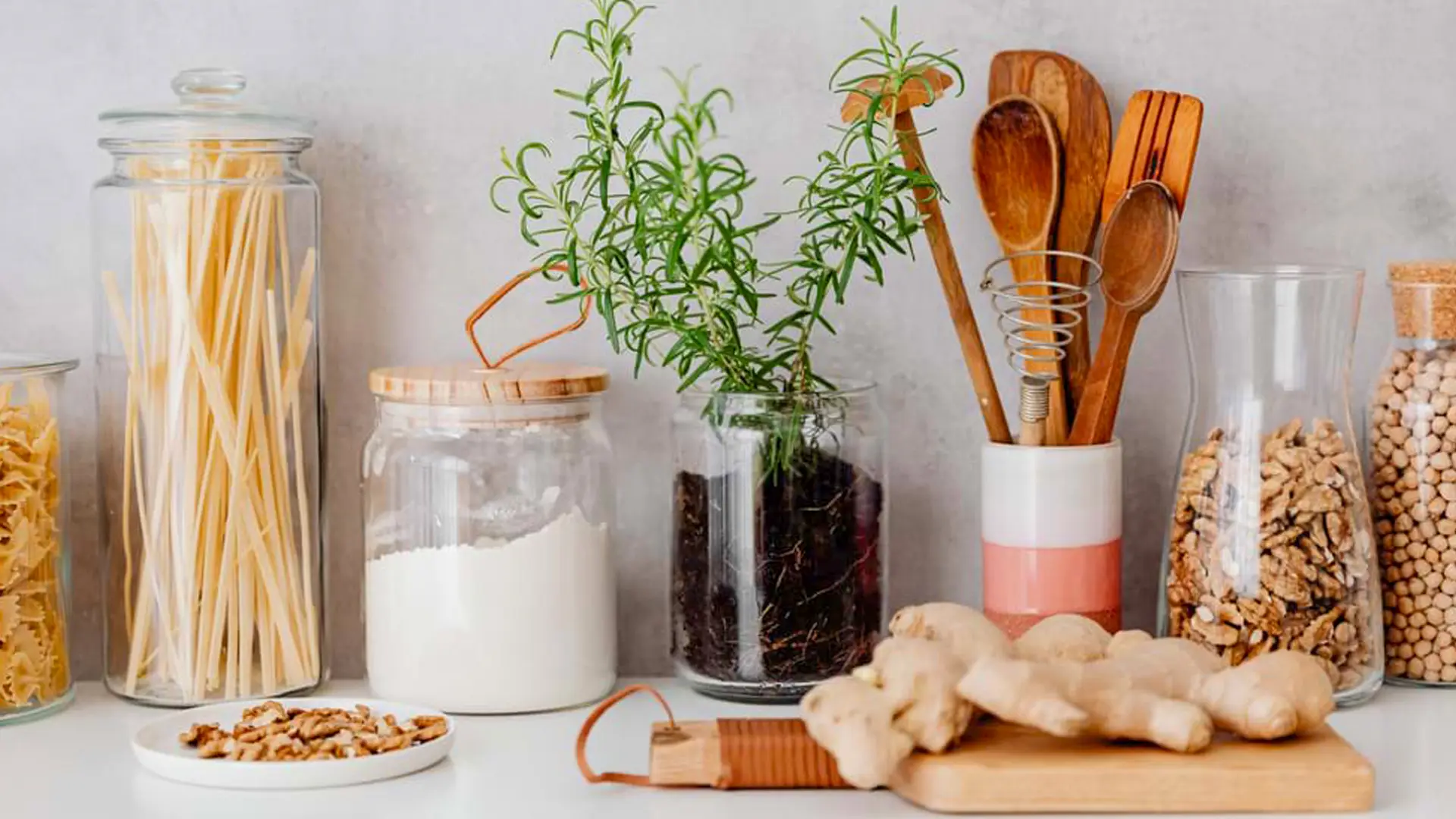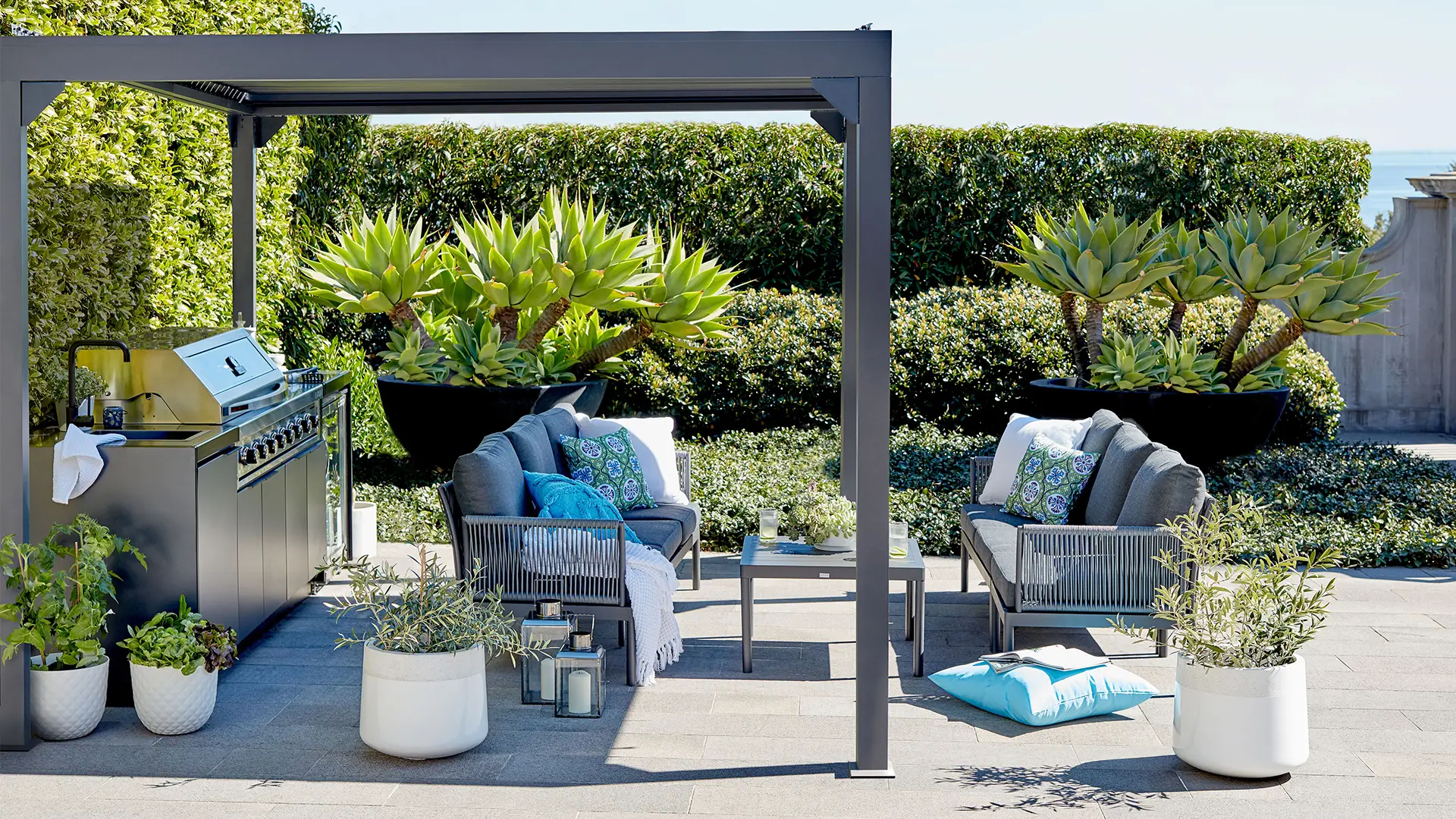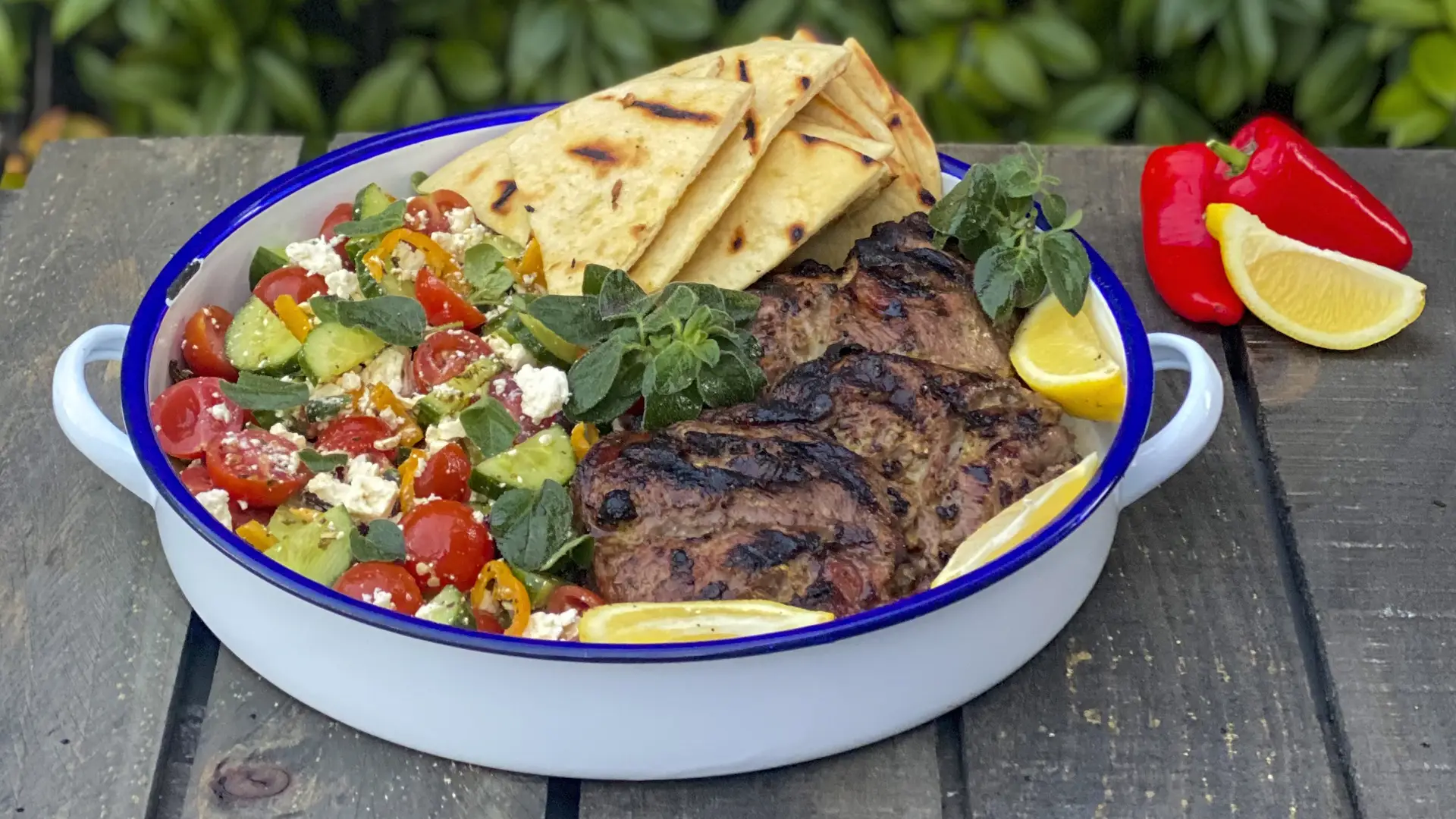Whether you only fire up the BBQ on special occasions, or you’re a proper alfresco cook, everything you eat expends natural resources to get to your plate. It’s not all doom and gloom though – your diet is a great starting point for embarking on an eco-friendlier lifestyle. These days, it’s easier than ever to make small changes in your shopping, cooking, and eating habits that will not only benefit the environment, but also your health and your wallet.
There’s no time like the New Year to embrace a healthier, more fulfilling lifestyle. Here’s how you can be more eco-friendly in the kitchen.
Prevent food waste
Part of living sustainably is minimising food waste, which generates tonnes of the world’s rubbish each year. To do your part, make use of your leftovers instead of throwing them away. Leftover roast chicken on Sunday can be used for a pasta dish on Monday. Got extra rice? Toss in some tofu, veggies and garlic in a pan with sesame oil and soy sauce and you’ve got yourself a filling meal. We also suggest meal planning for the week to ensure you only buy what you need!
Use less water
Conserve water by being smart when washing dishes. Wait until you have a full load of dishes before running the dishwasher; this way you can maximise the water, the dishwashing powder and the electricity used. Avoid the temptation of scrubbing dirty pots and pans under running water; soak them instead until the stubborn food and grease can be easily scraped. Always turn off the tap when not in use.
Be energy efficient
Electricity and gas usage are a huge part of the carbon emissions from residential areas. The first step to lowering the overall energy consumption is by choosing energy efficient products and appliances, which can be identified by the number of stars on the label. Also note that newer appliances have better energy efficiency; investing in a new appliance can cost you less than the accumulated cost of using an older model.
Be mindful of the size of your appliances as well. If you aren’t in the habit of stocking it to capacity, consider replacing your full-size fridge with a smaller one. Avoid leaving appliances such as dishwashers and microwaves on standby; they can still consume energy while not in use. Make sure you turn them off at the socket when you aren’t using them.
Support local farmers
Going to a farmers’ market is not only a fun weekend activity, but also allows you to source some of the freshest and most natural produce. When buying from a farmers’ market, you’re not only supporting local farmers, but also ensuring you’re getting food that hasn’t been sitting for weeks on a shelf. It cuts down on transportation and packaging costs and reduces your “food miles”, as the produce won’t have to travel cross-country to reach your plate.
Choose reusable food covers
Plastic cling wrap is convenient, but it takes a toll on the environment too. Instead of cling wraps, reuse plastic takeaway containers, or invest in some glass containers or silicone covers to protect your food. You can also repurpose empty sauce jars, or even use aluminium foil, which can be recycled if scrunched up into a ball after use.
Start an eco-friendly lifestyle in your AlfrescoPlus outdoor kitchen!
AlfrescoPlus offers a variety of outdoor kitchen modules that can be used to suit your alfresco area and your budget. Our DIY outdoor kitchen range offers style, quality, functionality, and versatility, and the AlfrescoPlus™ patented framing system ensures a seamless and robust cabinetry solution. We bring together market-leading appliances, premium materials, and award-winning services to make your dream outdoor kitchen a reality.
Don’t hesitate to call us on 1300 174 876 or send us an email at info@alfrescoplus.com.au for more information.


